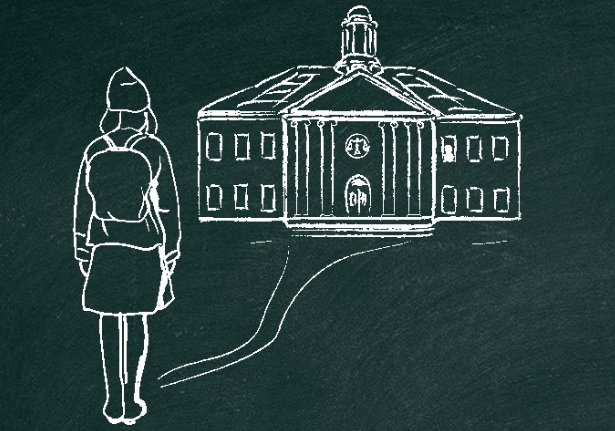Based on a September 2020 analysis finding that South Carolina schools in 2018 referred almost 61,000 students to juvenile courts solely for being excessively absent from school, the Council of State Governments Justice Center recently re-issued guidance for changing juvenile probation protocols that aim to improve the students' educational prospects and classroom attendance.
Almost 1,500 of those 61,000 truant youth in South Carolina had been remanded to short-term detention for skipping school and 736 were incarcerated long-term, according to “Rethinking Juvenile Justice + Schools Part 1.” Among other cautions, it suggested that probation officer check-ups on students while they are in school stigmatizes them and may worsen their truancy. Those in-school visits, instead, should be done only when absences also drive youths’ delinquent behaviors.
Other states, according to the analysts, likely can draw lessons from the findings in South Carolina, which is one in a handful of states whose juvenile and school systems databases are connected, making it easier to collect data on the links between those systems.
“Rethinking Juvenile Justice + Schools Part 2”, in addition to suggesting when probation officers might show up at schools, also suggests:
- That probation systems eliminate or revamp terms of juvenile probation that are education-related, unless issues at school directly drive a youths’ delinquent behavior.
- That probation officers partner with students, their families, schools officials and community-based youth programs to address the underlying causes for excessive absences.
- That probation and courtroom appointments be scheduled during hours that don’t disrupt juveniles’ school schedules or their parents’ work schedules.
- That probation officers and educators develop a formal system of incentives, with specific goals for attending school, improving academic performance and being personally accountable, while also abiding by certain sanctions when those goals aren’t met.
